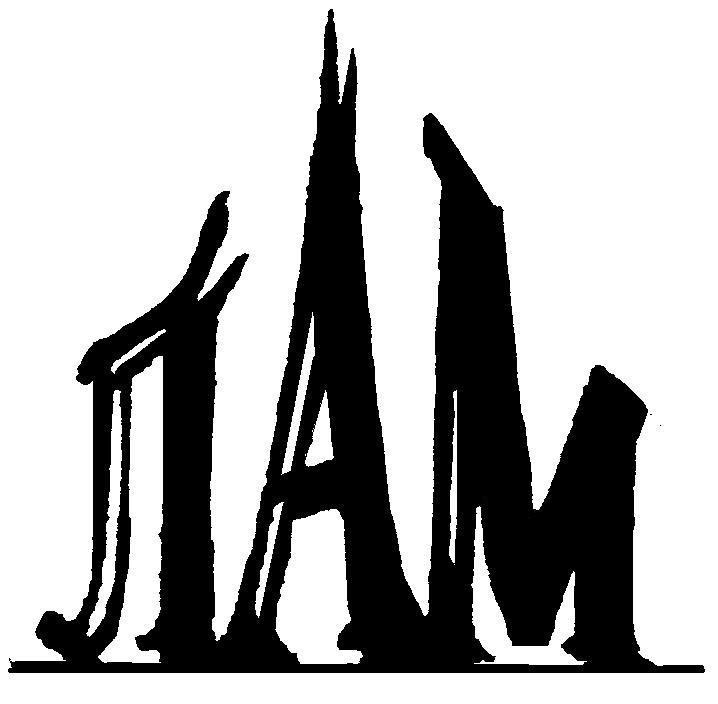

The Humanitarian Situation in the Mountainous Regions
of Chechnya
GROZNY, January 15, 2001 – Several of Chechnya’s mountainous regions – Shatoisky, Itum-Kalinsky and Sharoisky – were faced with bombing from the very first days of the Russian military campaign. The most severe Russian air strikes, however, were directed at the mountainous areas in the eastern part of the republic, along the border with Dagestan. Entire villages were destroyed and hundreds of innocent civilians killed. The Russian government called this crime a justified response to the rebel movement in Dagestan. Thousands of residents were forced to flee from the Nozhay-Yurtovsky, Vedensky and Cheberloyevsky regions.
On the other hand, the regions around the Argun Gorge (Shatoisky, Itum-Kalinsky and Sharoisky) were relatively safe during the first months of the war. Although these regions were bombed, cities and villages were not generally targeted. Many people fleeing Grozny and the surrounding regions sought refuge in this area, but the relative safety around the Argun Gorge was short-lived. When the rebel fighters left Grozny and moved south, the Russian army began massive strikes against the Shatoisky and Itum-Kalinsky regions and against the villages of Duba-Yurt and Dachu-Borzoi. Most of the victims of Russian fire were peaceful civilians. Very large numbers of civilians died in both Shatoisky and Dachu-Borzoi. As the Russian army advanced, villagers fled down the mountain, leaving a trail of abandoned towns. Once the city of Itum-Kale was bombed, the refugees, abandoning all of their possessions and often abandoning even their sick relatives, fled to Georgia. Most of them are still there, in the Pankisi Gorge, unable to return home.
Once the Russian forces had made their way along the Argun Gorge to the Georgian border, they blockaded all towns and villages in the region. Itum-Kalye, which had been a regional capital, was totally destroyed by Russian bombs, and all of its residents were forced to flee to Georgia.
Other towns in the Itum-Kaninsky region were not so completely decimated, but life there is incredibly difficult. Many homes were destroyed. Hospitals and clinics were destroyed, and there are no doctors or medicines. Schools have shut down. There is very little food – frozen potatoes, some livestock, and the occasional much-welcomed shipment of humanitarian aid.
The same situation exists in the Sharoyevsky and Shatoisky regions.
The villages of the Shatoisky region have suffered greatly, especially
the town of Shatoi. The boarding school in the center of Shatoi is now
being used as a command center by the Russian army, and the former students
are living in tents. The nearby towns of Iomiatoi, Bekum-Kali, Bolshiye
Varandy, Nikhaloi and Vashendaroi face similar hardships. But in the town
of Borzoye they are building beautiful new barracks for the soldiers, right
next to what remains of the two-story building that was once a school.
Now it houses livestock in the summer. The school building in the village
of Zony was bombed to its foundations. The people have no clothes, no shoes
and no food. There have been very few shipments of humanitarian assistance.
Oftentimes these small mountain villages are blockaded, and residents cannot
leave for the neighboring village or to go to Grozny for food and necessities.
Chechnya’s mountain villages do not have lines to supply gas, and people
heat their homes with wood. But now villagers cannot go out to collect
the wood they need. The areas around villages are often covered with landmines,
and anyone not killed by the mines may be shot by Russian soldiers. The
Russians arrest anyone found in the woods as a suspected guerrilla, and
those arrested are tortured and often killed. The livelihood of mountain
people has always been their livestock, and now animals are being killed
by landmines or simply disappear without a trace.
Occasionally one of these mountain villages will be shelled or bombed
without reason and without warning. Many innocent civilians have died because
of such surprise attacks.
The Russian forces also periodically hold “zachistki,” during which they detain and search citizens, mostly young men, without any evidence against them.
The situation in Chechnya’s mountain villages, particularly those around
the Argun Gorge, is most dire, both from the point of view of living conditions
and the point of view of human rights.